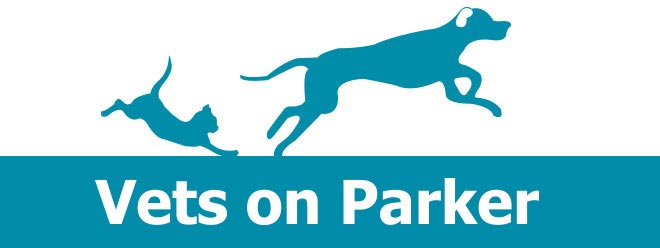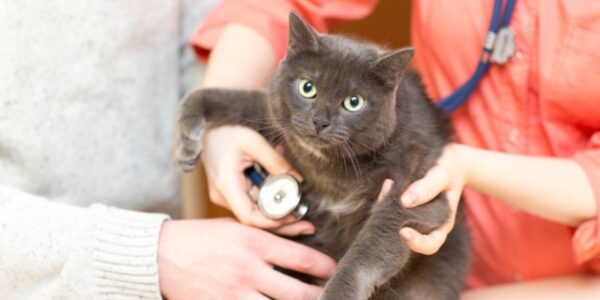Vets on Parker offers desexing procedures to help you prioritise your dog’s health. Desexing, also known as spaying and neutering, is a surgery that prevents unwanted pregnancies in dogs and provides multiple health and behavioural benefits.
In Victoria, small dogs are generally desexed around seven months of age, while larger dogs are desexed between 10 months and two years, depending on their breed, sex, and any underlying health conditions.
Desexing Options?
Male Dogs
- Permanent Surgical Desexing (Castration): A permanent solution that involves surgically removing the testicles.
- Temporary Contraception (Suprelorin): An implant that acts as temporary contraception, allowing owners to observe behavioural changes before deciding on surgery.
Female Dogs
- Spaying: The sole option for female dogs, it involves surgically removing the ovaries and uterus.
Why Desex Your Dog?
Desexing your furry friend helps control the pet population and provides significant health and behavioural benefits. Additionally, it entitles you to discounts on council pet registration fees throughout your dog’s life.
Medical Benefits
Female Dogs (Spaying)
- Reduces the risk of mammary tumours
- Eliminates the risk of ovarian and uterine tumours
- Prevents pyometra, a life-threatening uterine infection
Male Dogs (Neutering)
- Reduces the likelihood of prostatic diseases
- Lowers the risk of developing perianal tumours
- Eliminates the risk of testicular cancer
- Curbs unwanted behaviours such as marking territory, aggression, and wandering
Male Dogs (Suprelorin Implant)
- A painless procedure that treats prostate and testicular problems
- Does not affect the growth and development of large-breed dogs
Dog Desexing Procedure at Vets on Parker
At Vets on Parker, we ensure your dog’s desexing procedure is handled with the utmost care.
Pre-Surgery
- We will contact you to confirm the surgery details.
- Your dog will need to fast from midnight the night before the procedure.
- On the day of surgery, a nurse will review the consent form and procedure details with you.
Surgery
- We perform a complete health check and blood test.
- If the results are normal, the surgery proceeds; otherwise, we will contact you.
- A catheter is used to administer fluids and medications.
- Our experienced vet team performs the surgery while a skilled nurse monitors the anaesthetic and vitals.
Postoperative Care
- Your dog will be closely monitored while resting in a warm and comfortable bed.
- A tattoo will be placed in their left ear for desexing identification.
- We will provide pain relief medication and give your pet an e-collar to protect the surgical site.
- Following desexing, we will contact you to update you on their progress.
- We will then schedule a follow-up appointment in 3-5 days. A second consultation will be scheduled in 10-14 days for a recovery assessment.
All pet owners will receive a comprehensive pre and post-surgery care guide. This guide will provide you with essential information on preparing your dog Comprehensive Pet Surgery Care | Vets on Parker for desexing and how to care for them during the recovery process.
Please contact Vets on Parker to schedule an appointment or to receive more information about spaying or neutering your dog.




